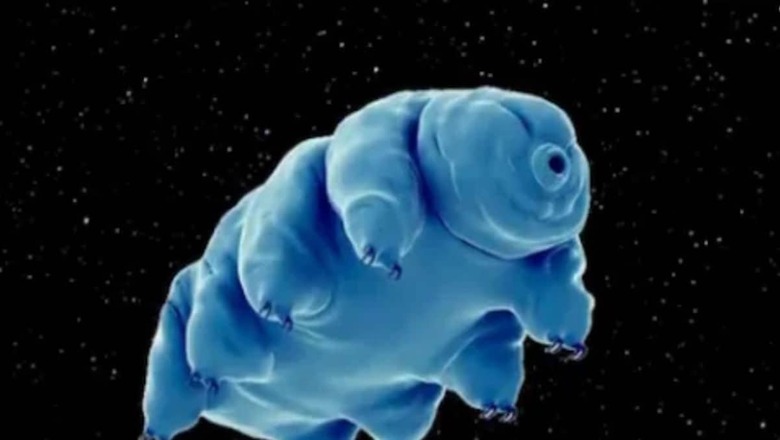
views
Tardigrades, known as water bears or moss piglets, are one of the most resilient creatures on Earth. They can survive in extreme conditions such as high pressure, air deprivation, radiation, dehydration and outer space. They adapt to the conditions which can take the lives of many other known creatures and human species. Researchers at the University of Wyoming ( UW) have found that the proteins present in Tardigrade are a potential candidate for slowing the ageing process and in the long-term storage of human cells. To reach this conclusion, the researchers examined the mechanisms used by Tardigrades to survive under extreme conditions. This new study has been published in the journal Protein Science.
Led by Senior Research Scientist, Silvia Sanchez-Martinez and Assistant Professor Thomas Boothby, this landmark research has provided evidence that the proteins found in Tartigrades can help make life-saving treatments for people where refrigeration is not possible such as for Stem Cells. According to a new UW-led research, the tardigrades survive in extreme conditions by entering in a suspended animation called biostasis. They use the proteins that form gels inside of cells and slow down life processes in them.
“Amazingly, when we introduce these proteins into human cells, they gel and slow down metabolism, just like in tardigrades,” said Sanchez-Martinez to Science Daily Report. She also claims that when these proteins are introduced to humans, they can also show the ability of biostasis, hence becoming more resilient to stress and extreme conditions.
The whole process is reversible. “When the stress is relieved, the tardigrade gels dissolve and the human cells return to their normal metabolism,” Assistant Professor Thomas Boothby shared. The research presents the possibility of pursuing technologies for treatments with the induction of these proteins. The research concludes by claiming that achieving biostasis like Water Bears in other organisms and creatures can help in sow ageing.
Thomas Boothby’s previous research has also revealed that the engineered version of Tardigrades protein can help in treating people with haemophilia without the need for refrigeration. It can also prove useful in storing important pharmaceutical products. Tardigrades are often found on lichens and mosses.














Comments
0 comment